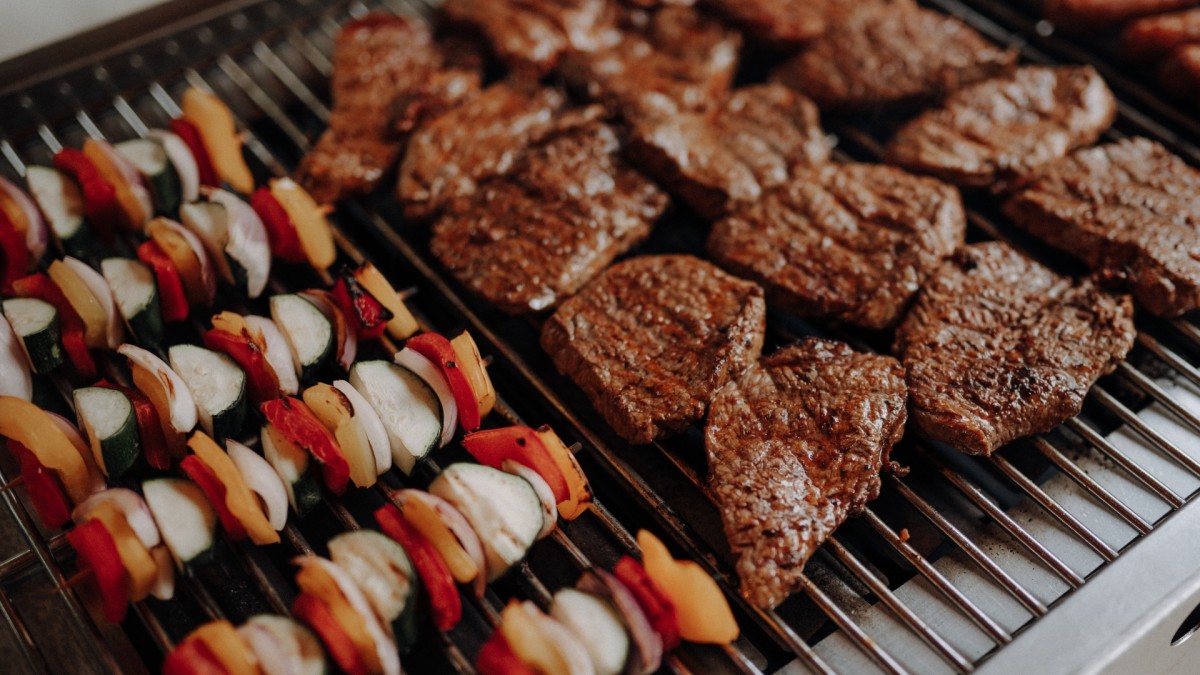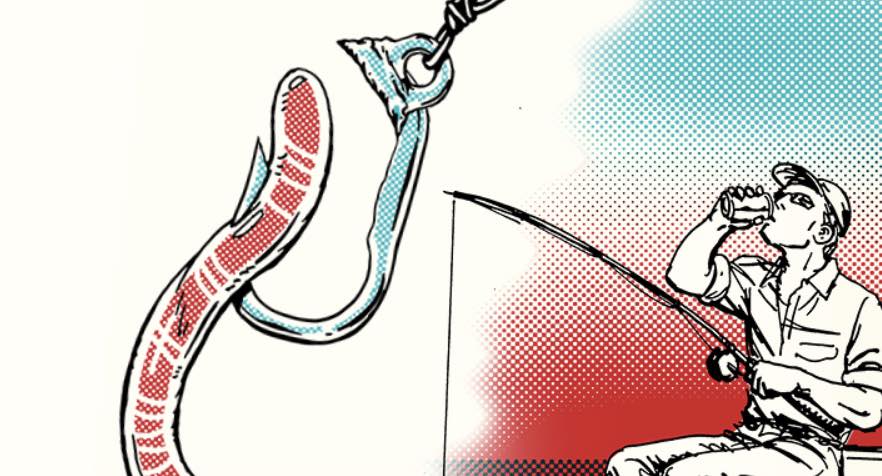
Individuals have been interested in the easiest way to construct muscle for a very long time. Previous-school bodybuilders swear by lean protein, wholesome fat, and complicated carbs, whereas most powerlifters champion the soiled bulk. However one query retains developing: Can plant-based protein construct muscle as successfully as meat? Seems, there’s little distinction between the 2, a brand new research from the College of Illinois Urbana-Champaign discovered.
For years, analysis has proven that animal-based diets have the sting over plant-based ones. Animal protein is “full,” which means it accommodates all 20 amino acids wanted for protein synthesis. Soy—typically thought-about probably the most full plant-based choice—solely has 9.
“The longstanding perception or the present dogma was that animal-based protein sources had been higher, significantly for the muscle-building response,” mentioned co-lead researcher Nicholas Burd, a professor of well being and kinesiology on the College of Illinois Urbana-Champaign.
In line with Burd, the problem with many of the earlier analysis was that it targeted on muscle biopsies after a single feeding. For this new research, researchers needed to see if longer-term plant-based consuming might have the identical results on muscle development as animal-based consuming.
Associated: Easy methods to Immediately Enhance Your Grip Energy for Higher Exercises
The crew recruited 40 wholesome adults between the ages of 20 and 40 years previous. For the primary seven days, the members caught to their regular diets, then they had been damaged into two teams, following both a vegan or an omnivorous food plan.
Nearly all of the meals within the omnivore food plan had been animal-based, together with staples like beef, pork, rooster, dairy, and eggs. The vegan food plan, then again, was solely plant-based however rigorously designed to make sure members nonetheless consumed all important amino acids vital for muscle development and restoration.
After the members had been cut up into the unique two teams, they had been cut up once more. Some ate equal quantities of protein at three meals, whereas others unfold their consumption throughout 5 meals, consuming extra protein later within the day.
Additionally they labored out and carried out muscle-strengthening actions each three days. Every single day, they drank water containing deuterium, which bonded with amino acids, permitting researchers to hint their incorporation into muscle tissue. Originally and finish of the research, biopsies from a leg muscle had been taken.
Ultimately, researchers discovered no distinction in muscle-building between the 2 diets, and meal frequency didn’t matter both.
“It was thought that it was higher to get a steady-state supply of vitamins all through the day,” Burd mentioned in a press release. “I additionally thought that for those who’re getting a decrease high quality protein—by way of its digestibility and amino acid content material—that maybe distribution would make a distinction. And surprisingly, we confirmed it doesn’t matter.”







